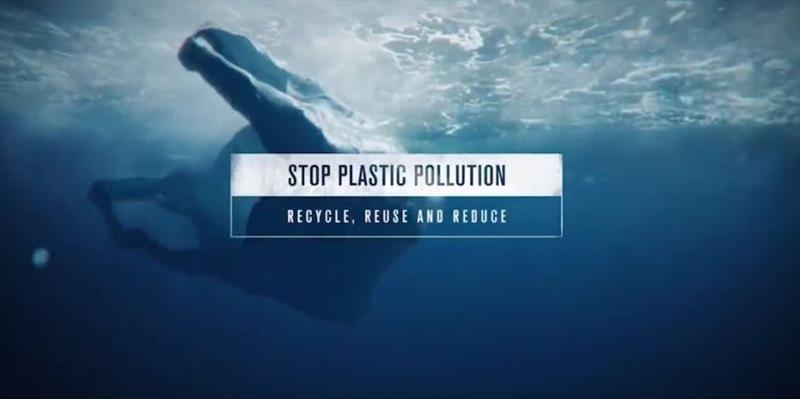
Plastic Pollution: Sea Shepherd works on important ocean issues
by Sea Shepherd Conservation Society 2 May 2018 11:20 UTC

Plastic Pollution © Sea Shepherd Conservation Society
While best known for our direct-action, vessel-driven campaigns, Sea Shepherd also works on important ocean issues such as plastic pollution. Sea Shepherd chapters across the world organize onshore cleanups throughout the year to pick up debris near oceans, streams, and rivers.
Sea Shepherd Marine Debris crews in Australia have collected over one million pieces of garbage since 2016. Of the trash collected, 80% was plastic. Plastic has a devastating effect on all marine wildlife including whales, birds, sharks, and turtles, who are at risk of injury or death through drowning, entanglement, or starvation following ingestion.
Sea Shepherd also addresses plastic pollution during our campaigns. On Operation Clean Waves, Sea Shepherd collaborated with local citizens and other NGOs to develop plastic reduction and recycling programs on the South Pacific island of Kiribati. The program collects, sorts, and ships plastics away from Fanning Island to Honolulu where they are properly recycled.
Sea Shepherd collaborates with companies that are finding innovative ways to recycle nets retrieved during various campaigns around the world. Since 2016, crew on Operation Milagro have pulled over 500 nets out of the Sea of Cortez. They have been turned into bags, shoes and other reusable items. Fishing nets are made of Nylon, a plastic that does not biodegrade.
We all must do our part to reduce plastic consumption and ensure its careful disposal. One of the best ways to reduce your plastic consumption is by replacing single use items with reusable ones. The Sea Shepherd eStore offers many alternatives, such as reusable water bottles, utensils, tote bags, and straws.